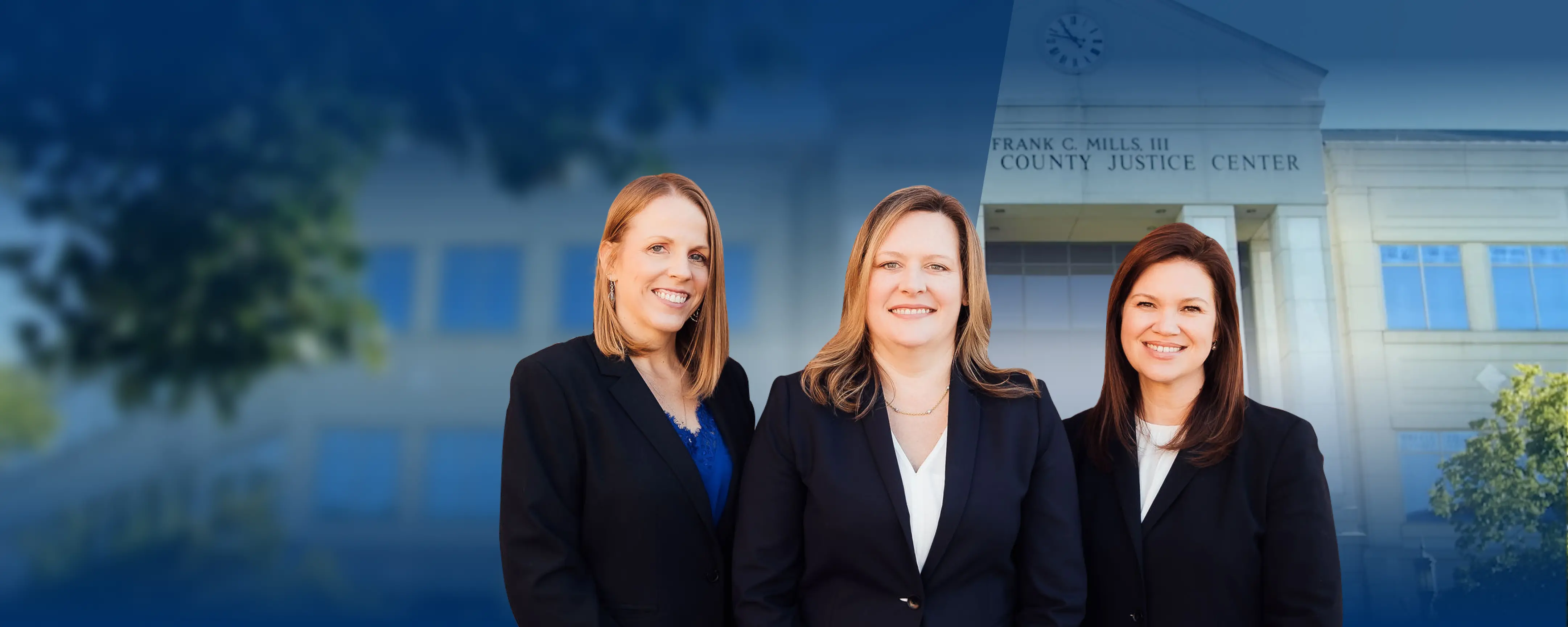
Going through a divorce is not just emotionally draining—it is, all too often, financially draining, too.
Whether you have a high net worth, a regular middle class lifestyle or are just barely getting by, it is always important to act to protect your assets during the divorce process.
The good news is that with the right Cherokee County divorce attorney on your side, good financial planning, and a proactive strategy, it is possible to protect many of your assets and preserve as much as possible for your future.
Understanding How Assets are Divided in a Georgia Divorce
With that in mind, let’s take a look at how assets are divided in a Georgia divorce, strategies for protecting your assets during divorce, and common mistakes to avoid.

Georgia is an equitable distribution state, which means that property and assets are divided fairly, but not necessarily equally, between the divorcing spouses.
This stands in contrast to community property states, where income and assets earned during the marriage are generally divided 50-50, or as equally as possible.
What counts as equitable or fair distribution, however, is up to the court to decide.
The court considers several factors when dividing assets, including how long the marriage lasted, each spouse’s current income and future earning potential, and the contributions of each spouse to the assets and the marriage.
Here’s how those factors may influence the court when dividing assets.
Length of Marriage: The duration of the marriage is an important factor in dividing assets. Generally speaking, the longer the marriage, the more likely the court is to decide on a closer-to-equal division of assets.
Spousal Income and Earning Potential: The court also looks at the earning potential of each spouse when dividing assets. If one spouse has a higher income, they may receive a smaller share of the marital assets. Financial obligations like mortgage or child support payments may also be taken into account here.
Contributions to the Marriage: The contributions of each spouse to the marriage, both financial and non-financial, are considered when dividing assets. For example, a spouse who contributed to the household by taking care of children or the home may receive a larger share of the assets. Conversely, a higher-earning spouse may walk away with more of the marital assets if it can be shown they contributed substantially more.
The court may also take into account other factors when deciding how to distribute marital property. Circumstances like who will be caring for the children and even bad behavior by one spouse can affect how a court thinks about ‘equitable’ distribution.
Because Georgia courts have such considerable latitude in deciding how to distribute marital property in a divorce, it is strongly recommended that you hire an experienced divorce lawyer to help you make your case for fair distribution.
What Assets Can Be Divided During a Divorce?

Marital property is what gets divided during property division.
Marital property includes any assets you and your spouse acquired during the marriage. This commonly includes things like:
- The family home
- Bank and investment accounts
- Vehicles
- Retirement accounts, pensions and annuities
- Life insurance policies
- College savings funds
- Rental properties and any income from them
- Vacation homes or second residences
- Business assets
- Valuables like jewelry, antiques and collectibles
In contrast, separate property is property owned or acquired by one spouse before the marriage.
Separate property can also include inheritances and third-party gifts to one spouse, even if these were received during the marriage.
This type of property is considered to belong solely to one spouse, so it is not usually divided during the division of assets in a divorce.
Of course, what counts as marital property and separate property is not always completely clear.
Moreover, finding and cataloging marital assets can be a challenge, especially in high net worth marriages and cases where a spouse may be hiding assets.
For this reason, having expert attorney and, in many cases, financial advisement is of paramount importance.

A good divorce lawyer can help you navigate the process and get the help you need from experts like financial advisers, appraisers, accountants, tax professionals and more.
Steps to Take to Protect Your Assets During a Divorce
- Hire an Experienced Divorce Lawyer: The single most important thing you can do to protect your assets is to hire a family lawyer with expertise in Georgia divorce law and divorce asset protection. They can advise you on all your legal rights, what to expect, and next steps once you decide to proceed with your divorce.
- Seek Professional Financial Advice: Consulting with a financial advisor can help you navigate the complex financial issues that may arise during a divorce. A financial advisor can help you understand the tax implications of dividing assets and develop a plan to better protect them.
- Keep Detailed Financial Records: It is crucial to maintain thorough and accurate records of all financial transactions during the marriage. This includes property records, bank statements, tax returns, and investment records that will be crucial to assessing the value of assets during divorce proceedings. If you do not have access to these, you may need an accountant to help you trace and value all your holdings.
- Freeze Joint Accounts or Transfer Assets to a Trust: Freezing joint accounts and/or transferring assets to a trust can help prevent your spouse from accessing and draining assets during the divorce proceedings. However, it is important to obtain expert legal advice before doing this, as certain actions may be inappropriate or illegal.
- Closing Joint Accounts and Opening Individual Accounts: In some cases, closing your shared accounts and opening an individual one can help you protect assets during a divorce. However, it is essential that you consult with a lawyer before doing so to avoid doing anything that may be considered suspicious, hostile, or counter to state laws.
- Make Sure All Obligations Are Paid: Having a plan for paying bills, covering the mortgage and taking care of the kids during this transitional time is essential to ensuring your financial well-being. A good divorce lawyer can help you figure out how to do this in compliance with the law and even petition the court for a temporary support agreement or other assistance, where necessary.
Common Mistakes to Avoid When Protecting Your Assets During a Divorce
- Hiding Assets: Attempting to hide assets during a divorce is illegal and can have serious legal consequences. It is crucial to be transparent about all assets and income during your divorce proceedings.
- Transferring Assets Without Disclosing Them: Transferring assets to a friend or family member without disclosing them during a divorce is also illegal and can negatively impact the outcome of your divorce settlement.
- Moving Money Out of Joint Accounts: While moving or sequestering assets from a spiteful spouse may sometimes be necessary, it is essential to do so only under strict legal advisement.
- Spending Recklessly: While retail therapy or revenge spending may seem like a natural response to the stress of a divorce, the courts do not look favorably on it. Doing so may give your spouse grounds for recompense and more leverage when the judge decides on an equitable distribution.

Understanding how assets are divided in a Georgia divorce and taking the right steps to protect your assets can help you emerge from a divorce in a better financial position.
An experienced Georgia divorce lawyer should be able to advise you and put you on solid footing for a favorable financial outcome in your divorce.
Worried About Protecting Your Assets Through a Divorce?
Speights Law can help. Our family law team will help you understand your legal rights and develop a strong strategy for protecting your assets. Call us at (770) 479-1500 for a confidential consultation right now.







